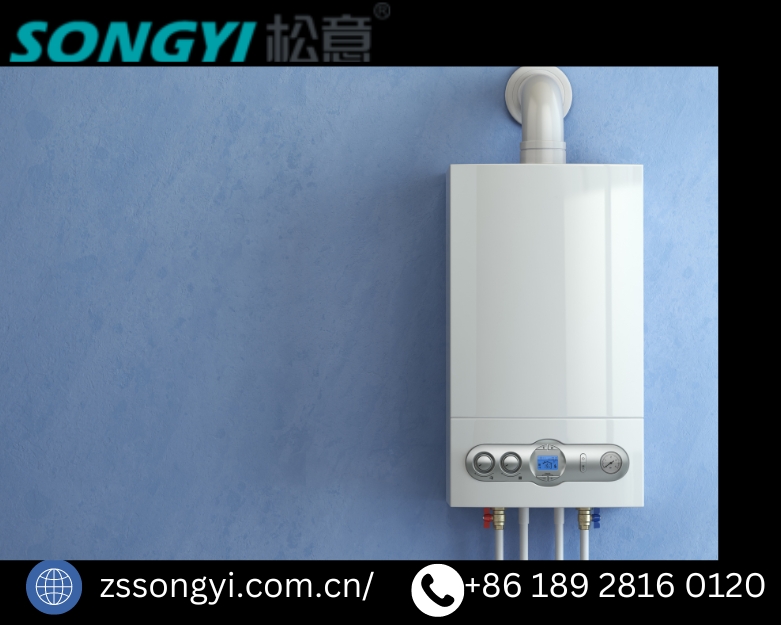
Heating boilers are essential components of modern heating systems, providing reliable and efficient warmth for homes and businesses. Whether you are looking to install a new boiler or replace an old one, understanding the different types, their benefits, and maintenance tips can help you make an informed decision. This article delves into the world of heating boiler , offering valuable insights for both homeowners and professionals.
Types of Heating Boilers
- Combi Boilers Combi (combination) boilers are highly popular in residential settings due to their compact size and dual functionality. These boilers provide both central heating and hot water without the need for a separate water tank. Combi boilers are energy-efficient and ideal for small to medium-sized homes with limited space.
- System Boilers System boilers, also known as sealed system boilers, are suitable for larger homes with higher heating and hot water demands. They work with a separate hot water cylinder, allowing multiple taps to run simultaneously without a drop in water pressure. System boilers are more efficient than conventional boilers and offer consistent hot water supply.
- Conventional Boilers Conventional boilers, also known as regular or traditional boilers, are the oldest type of heating boiler. They require a separate hot water cylinder and a cold water storage tank, usually placed in the loft. Conventional boilers are ideal for homes with traditional heating systems and large hot water requirements.
- Condensing Boilers Condensing boilers are designed to increase energy efficiency by capturing and reusing the heat from exhaust gases that would otherwise be wasted. These boilers can be either combi, system, or conventional. Condensing boilers are highly efficient and environmentally friendly, making them a popular choice for new installations and upgrades.
Benefits of Heating Boilers
- Energy Efficiency Modern heating boilers are designed to maximize energy efficiency, reducing fuel consumption and lowering energy bills. Condensing boilers, in particular, can achieve efficiency levels of over 90%, making them an eco-friendly option.
- Reliability and Durability Heating boilers are built to last, with many models offering a lifespan of 15-20 years or more with proper maintenance. This reliability ensures consistent heating and hot water supply, even during the coldest months.
- Versatility Boilers can be used in various settings, from small apartments to large commercial buildings. They can also be integrated with renewable energy sources, such as solar panels, to further enhance energy efficiency and reduce carbon footprints.
- Consistent Heating Unlike other heating systems, boilers provide even and consistent heating throughout the property. This ensures a comfortable living environment and reduces the likelihood of cold spots.
Maintenance Tips for Heating Boilers
- Annual Servicing Regular servicing by a qualified technician is crucial for maintaining the efficiency and safety of your boiler. An annual service can identify and fix potential issues before they become major problems, ensuring your boiler runs smoothly.
- Bleeding Radiators Air trapped in radiators can reduce the efficiency of your heating system. Bleeding your radiators at least once a year helps release trapped air, allowing your boiler to heat your home more effectively.
- Checking Pressure Maintaining the correct pressure in your boiler is essential for optimal performance. Check the pressure gauge regularly and top up the system if needed. Low pressure can lead to inefficient heating, while high pressure can cause damage to the boiler.
- Insulating Pipes Insulating your boiler’s pipes, especially those running through unheated areas, can prevent heat loss and improve efficiency. This simple step can also prevent pipes from freezing during extremely cold weather.
- Monitoring for Leaks Regularly check your boiler and surrounding pipes for any signs of leaks. Addressing leaks promptly can prevent water damage and ensure the efficient operation of your heating system.
Conclusion
Heating boiler are a cornerstone of modern heating systems, offering reliable and efficient warmth for various settings. By understanding the different types of boilers, their benefits, and essential maintenance tips, you can ensure your boiler operates at its best, providing comfort and energy savings for years to come. Whether you opt for a combi, system, conventional, or condensing boiler, proper care and regular servicing will keep your heating system running smoothly and efficiently.